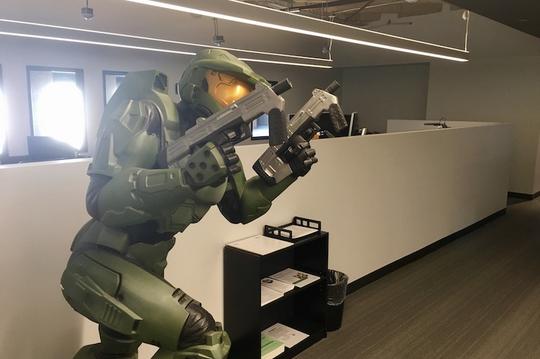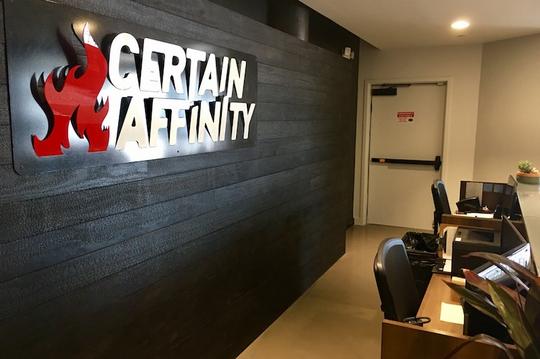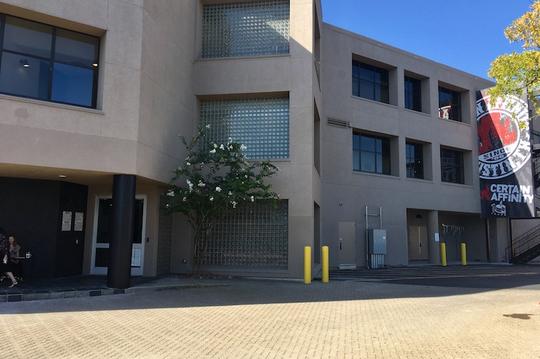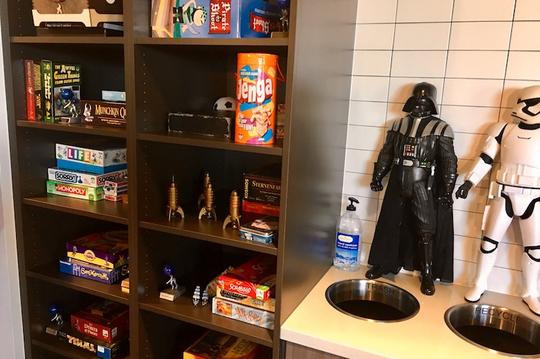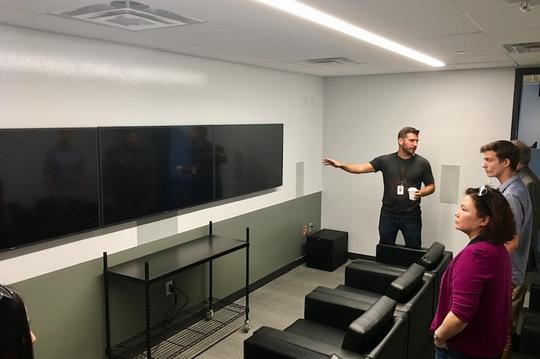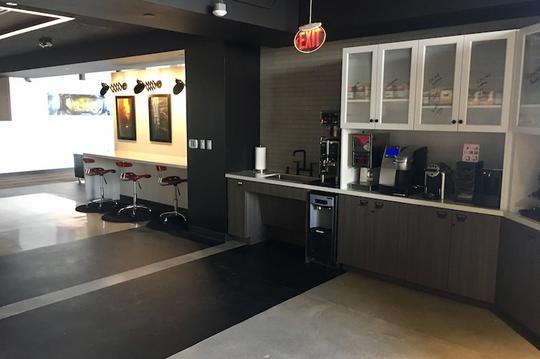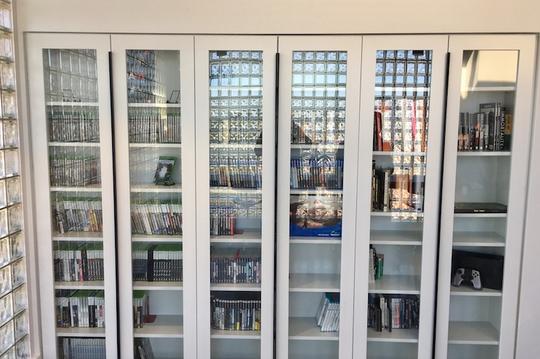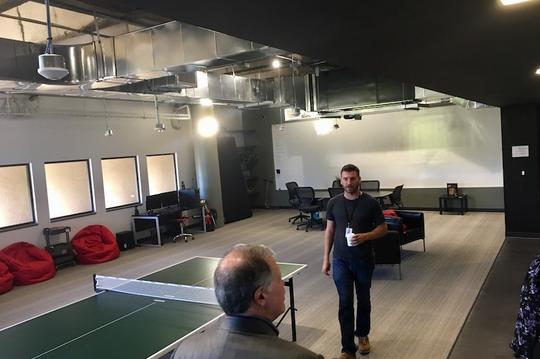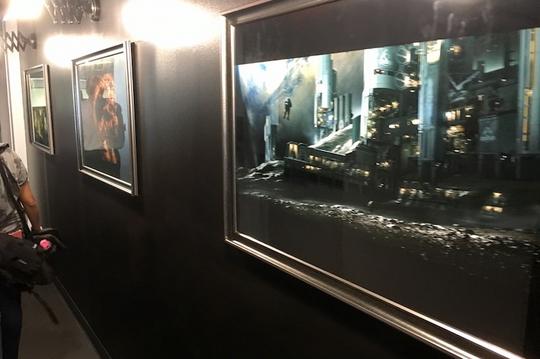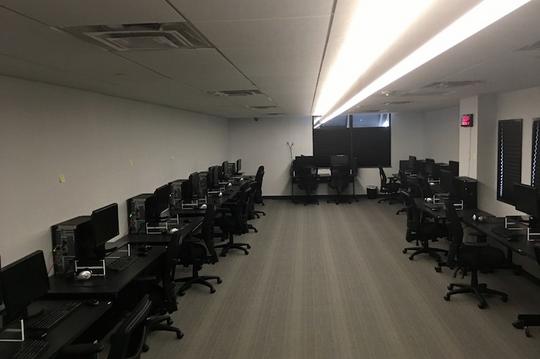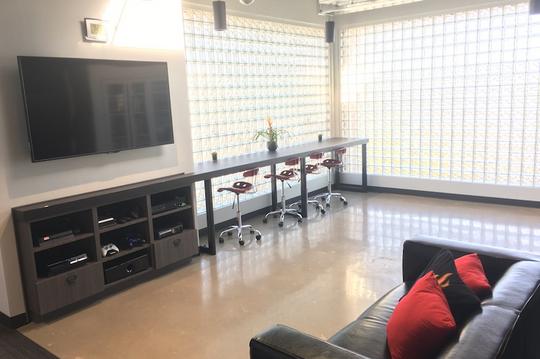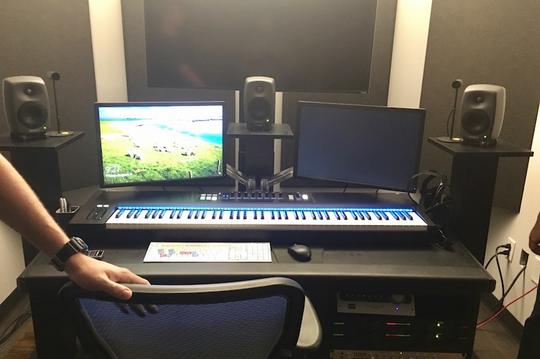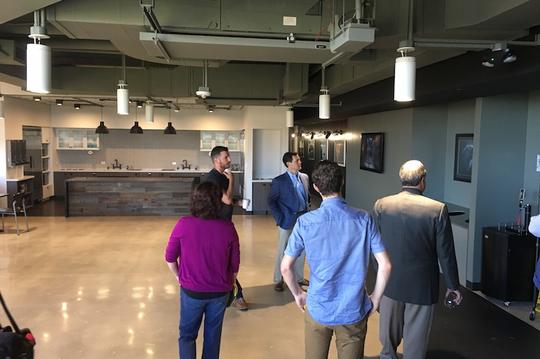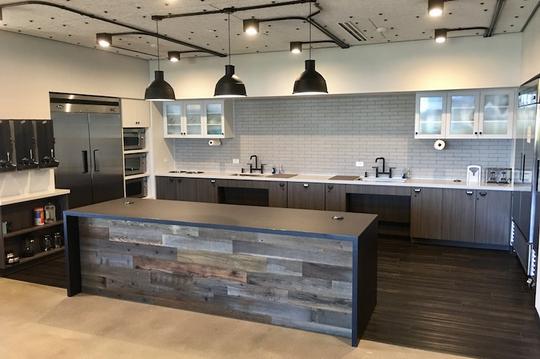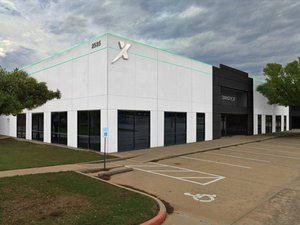Amazing things come from unexpected places.
Take, for example, Certain Affinity, the Austin-based co-developer of popular hits like"Call of Duty," "Halo" and "Doom." The 10-year-old company has quietly played a major role in some of the most successful gaming hits out there, but the company is not widely known outside of game development circles -- even in its hometown.
On Friday, the company hit pause on its typical low-profile nature and opened the doors of its new headquarters near Lamar and U.S. 183 in north Austin to a few community leaders, business partners and journalists.
"This is the first time we've ever done anything like this in public in our history," Certain Affinity Founder and President Max Hoberman told a small crowd in the lobby of the new building Friday morning. "So this is a big milestone for us."
But there have been plenty of milestones and $100 million-plus in revenue over the past decade.
"In our first 10 years as a business we either relocated or expanded in our office seven times," he said. "So, do the math, we basically make video games and we do construction. It's almost a constant. Something's wrong here. This isn't the way it's supposed to be."
So, Hoberman decided to buy the company its own building -- setting the stage for the company's long-term future in Austin. After a lot of hunting, he picked a building constructed in 1987 for the Texas Association of School Boards.
Now, after three years of renovations, it has been transformed into a high-tech studio for game development, complete with sound studios, testing rooms and hundreds of screens.
Hoberman said Certain Affinity may be the first video game company in the U.S. to own its own building since Origin in the early 1990s.
But, from the outside, Certain Affinity's building looks more like place you'd go to for dental or accounting work than cutting edge games. And that fits with Certain Affinity's otherwise low-profile.
Gallery
For our visit, the 55,000-square-foot space had been tidied up. The walls, where developers and artists often sketch out game maps, ideas, characters and other proprietary information, had been cleared. Desks appeared to have been cleared, save for some headphones and VR goggles.
In fact, the three-floor gaming studio is highly-secure, allowing only badge-scan access to many rooms and the elevators. VP of Corporate Development Patrick Bergman told me development teams have to be somewhat mobile within the building because the company is often working on two to four titles with different gaming partners, such as Microsoft, at any given time. The teams have to be careful to keep a gap between machines and networks as not to mix the assets, graphics and other data between games.
Certain Affinity is perhaps best known for the maps and game modes in games like "Halo" and "Call of Duty." The company develops the maps from concept to shipping, and it develops game modes like "team death match" and "capture the flag" that exist within the larger game. The company also made almost all of the "Doom" multiplayer game, including rooms that convert the player into a demon.
Projects typically take 18 months, although the timeline varies widely game-to-game, Bergman said. About half of Certain Affinity's employees are artists, working on game environment, characters and concepts.
Employees have access to huge video game libraries, and they can chill in a large game room with ping-pong, arcade games and even traditional board games. And there's plenty of beer.
"Obviously, we're a game studio. So we have lots of coffee. I think we have 12 coffee machines," Bergman joked. "We also have a Kegerator in case we need it and things are getting really hard."
